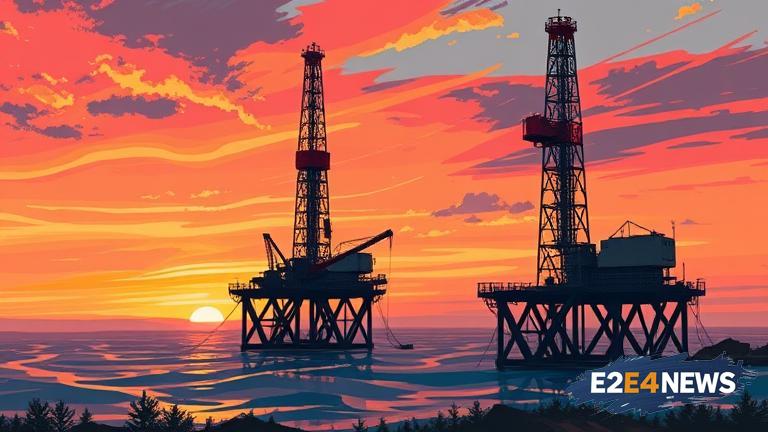The Trump administration has made a significant move in the realm of international energy policy, granting Chevron permission to resume oil drilling in Venezuela. This decision has been met with a mixture of reactions, ranging from criticism to cautious optimism. Venezuela, a country rich in oil reserves, has been embroiled in a deepening economic and political crisis. The US has been a key player in the international response to this crisis, with the Trump administration imposing sanctions on the Venezuelan government. Despite these sanctions, the US has now chosen to allow Chevron, a major American oil company, to continue its operations in the country. This move is seen by some as a pragmatic step towards maintaining a foothold in the global energy market, while others view it as a contradictory policy that undermines the US’s stated goals in Venezuela. The Venezuelan government, led by President Nicolas Maduro, has been accused of human rights abuses and authoritarianism, prompting widespread international condemnation. The US, along with many other countries, has recognized opposition leader Juan Guaido as the legitimate president of Venezuela. However, the Maduro government remains in power, and the country’s oil industry has been a crucial factor in its ability to maintain control. Chevron’s operations in Venezuela have been ongoing for many years, and the company has significant investments in the country’s oil fields. The decision to allow Chevron to resume drilling is likely to be seen as a boost to the company’s bottom line, as well as a strategic move to secure American interests in the region. Nevertheless, the move has also been criticized for potentially undermining the US’s leverage in its efforts to pressure the Maduro government. The situation in Venezuela remains highly complex and volatile, with widespread poverty, inflation, and shortages of basic goods. The country’s oil industry has been severely impacted by the crisis, with production levels plummeting in recent years. The US has been a major importer of Venezuelan oil, but the sanctions imposed by the Trump administration have significantly reduced this trade. The decision to allow Chevron to resume drilling may be seen as a step towards reviving this trade, although it is unclear how significant an impact this will have on the broader crisis. As the situation in Venezuela continues to unfold, the role of the US and other international actors will be closely watched. The Trump administration’s policy towards Venezuela has been marked by inconsistency and controversy, and the decision to allow Chevron to resume drilling is likely to be subject to intense scrutiny. Despite the challenges and uncertainties surrounding this move, it is clear that the US is seeking to maintain its influence in the region and protect its economic interests. The implications of this decision will be far-reaching, and it remains to be seen how the situation in Venezuela will evolve in the coming months and years. The international community will be watching closely as the US navigates this complex and sensitive issue. In conclusion, the Trump administration’s decision to allow Chevron to resume oil drilling in Venezuela is a significant development with major implications for the country, the region, and the global energy market. As the situation continues to unfold, it is essential to consider the complex geopolitical dynamics at play and the potential consequences of this move. With the US seeking to balance its economic interests with its stated commitment to promoting democracy and human rights in Venezuela, the road ahead is likely to be marked by challenges and controversies. The decision to allow Chevron to resume drilling has sparked a heated debate, with some arguing that it is a necessary step towards securing American interests, while others see it as a betrayal of the US’s values and principles. As the world watches the situation in Venezuela with bated breath, one thing is clear: the US’s policy towards the country will have far-reaching consequences for the region and the world.
